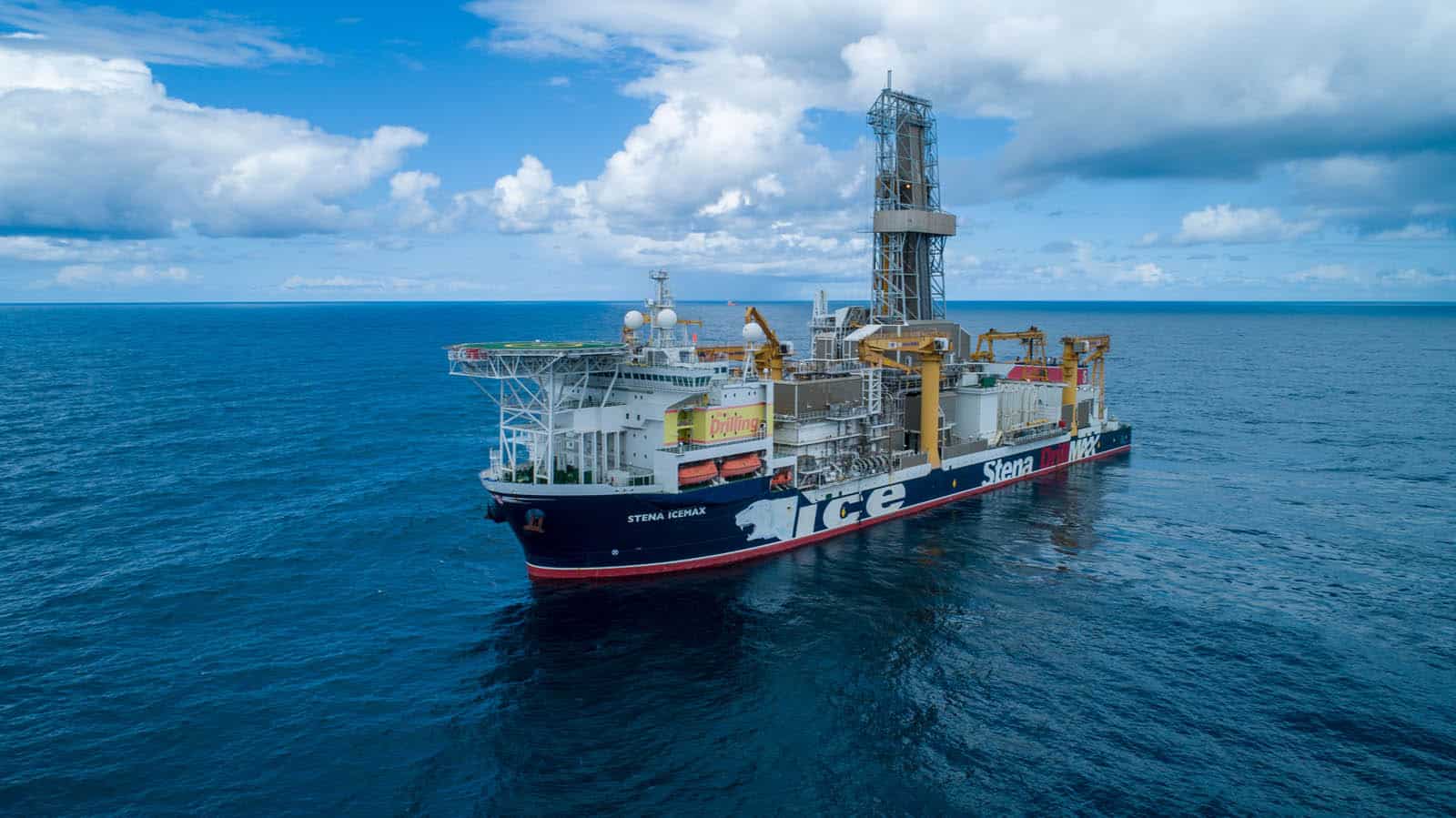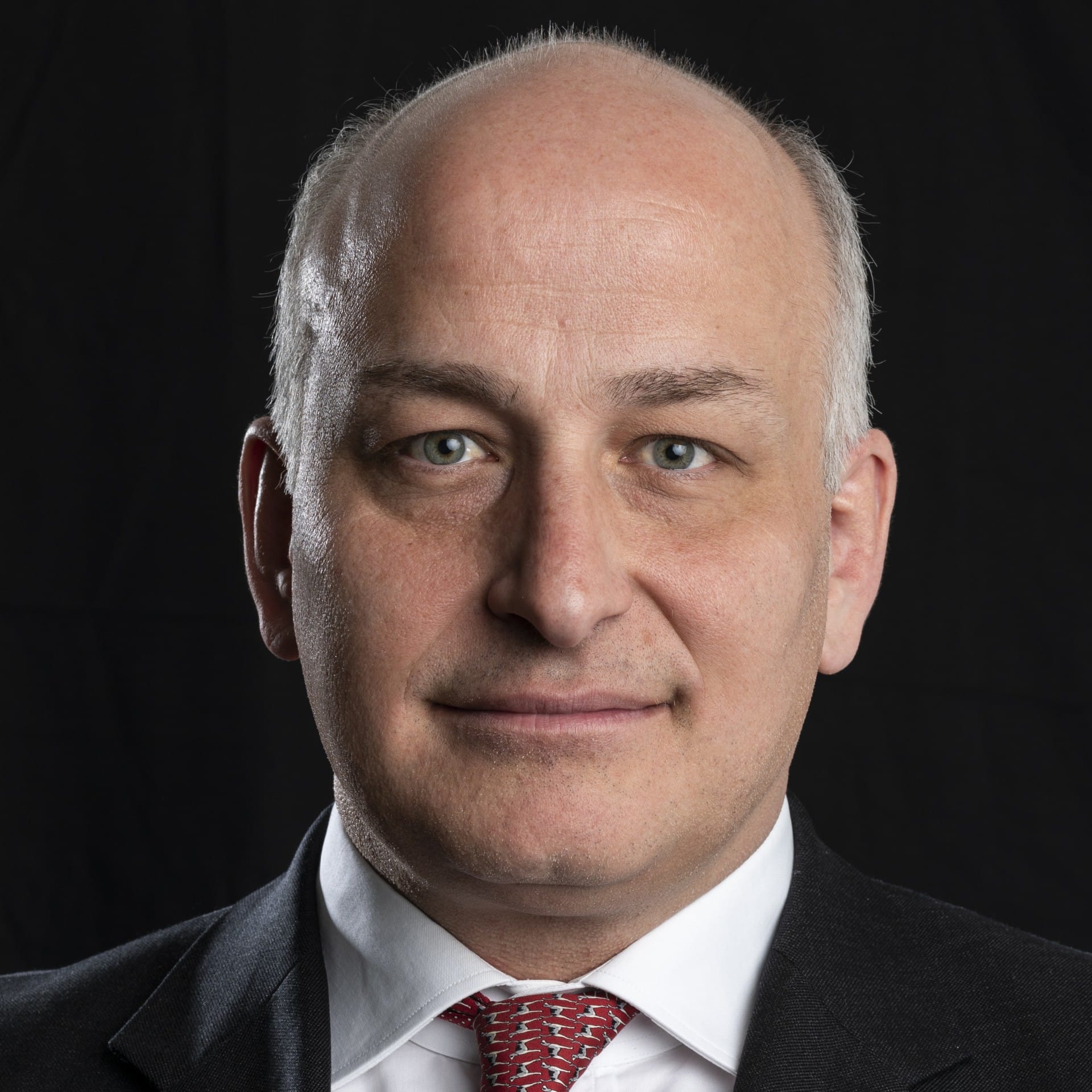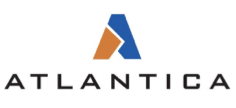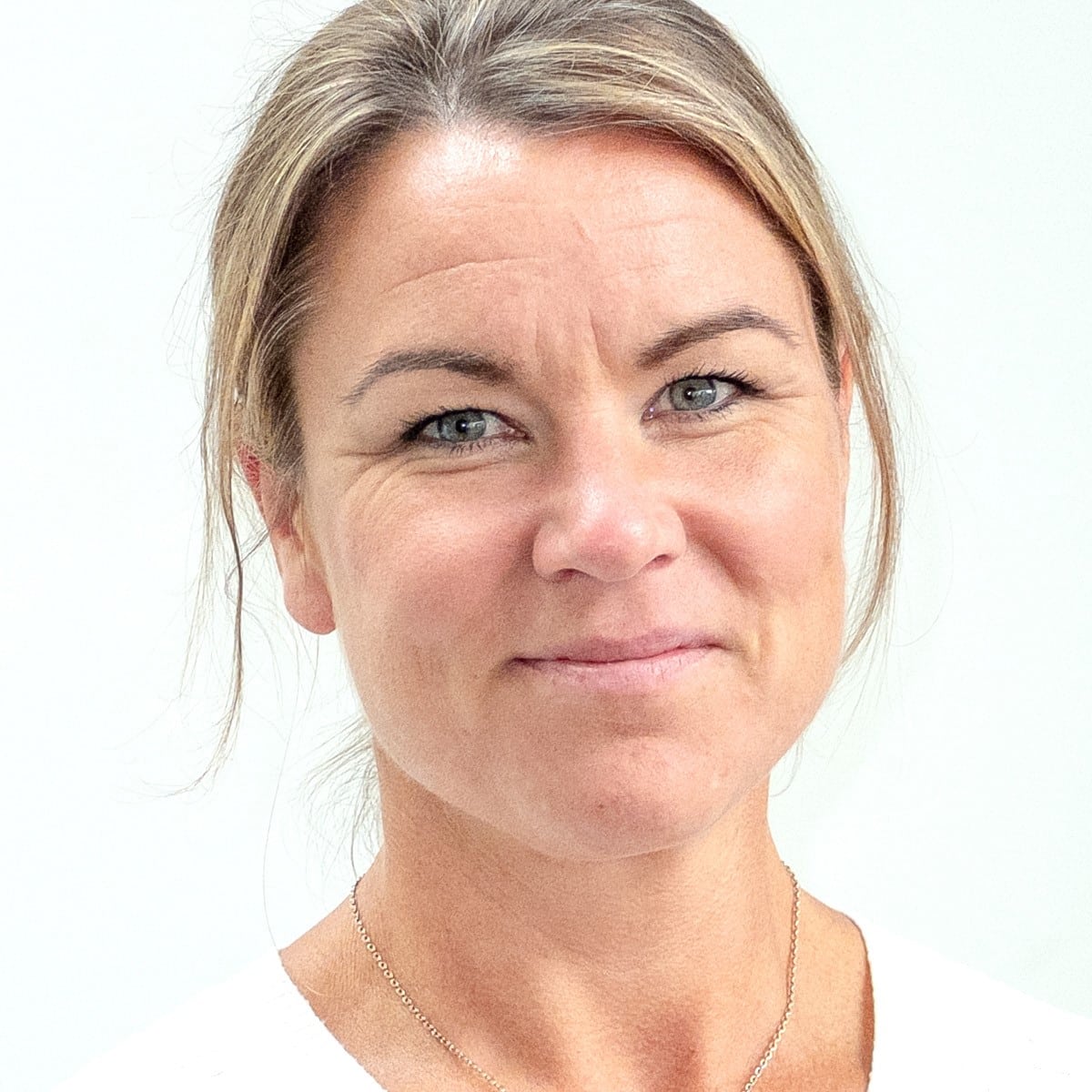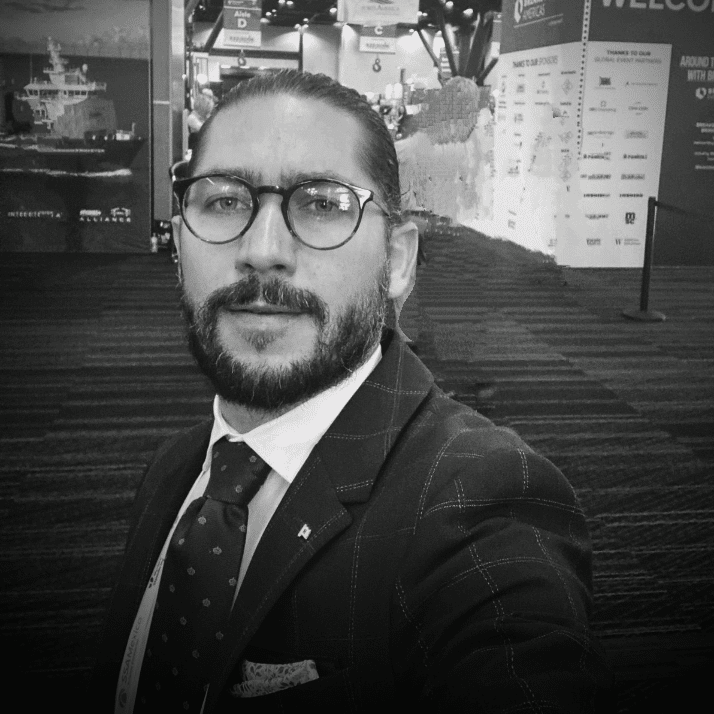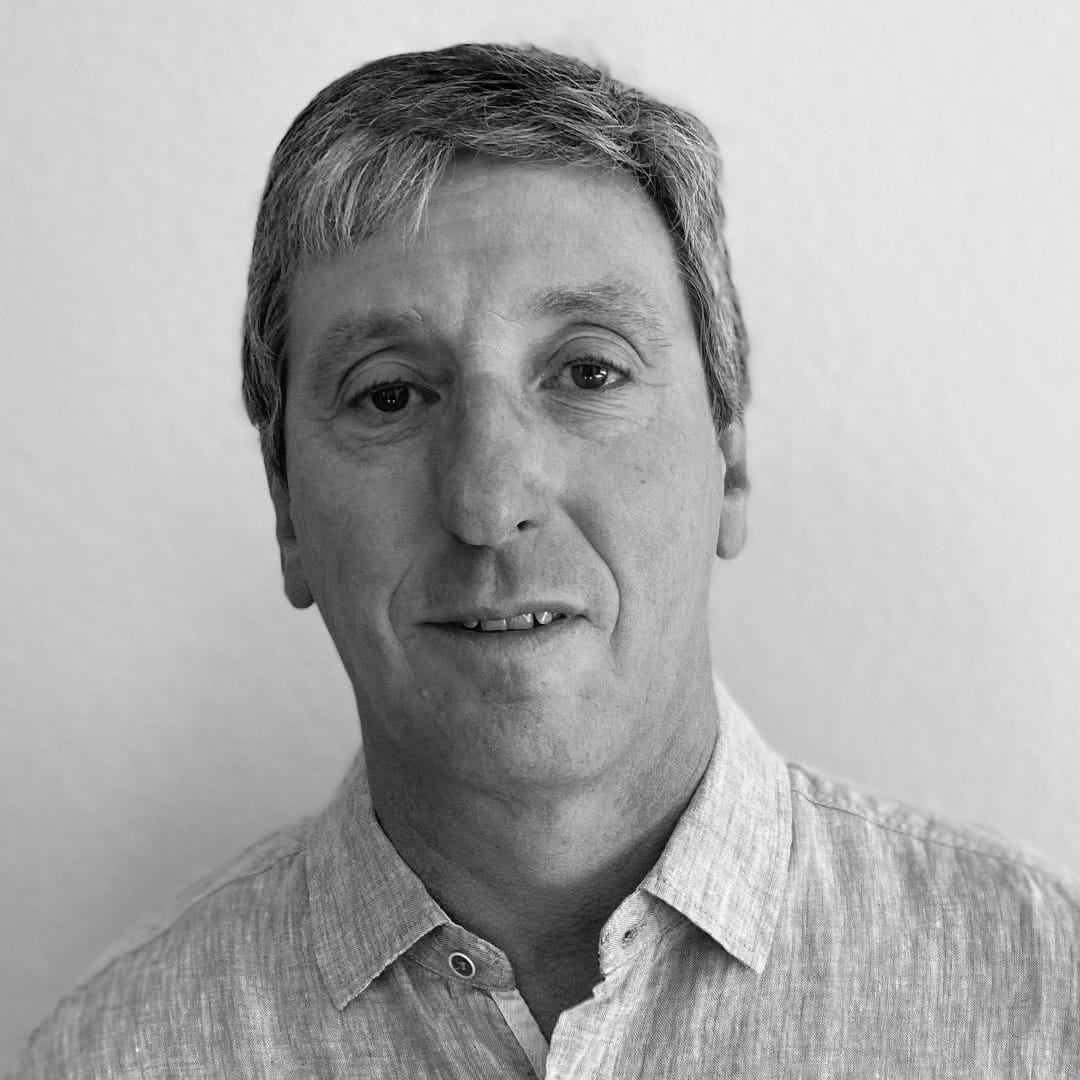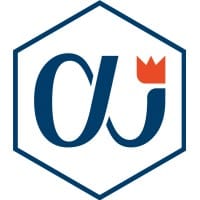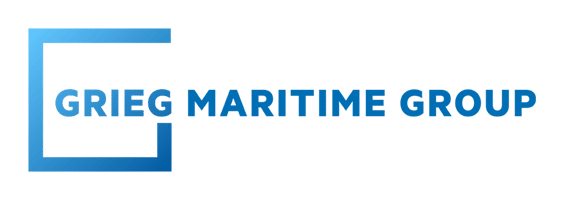This week, Petrobras extended its charter for a Transocean drillship but delayed the bid opening for the pool tender for up to four floating rigs. Meanwhile, Saipem's Santorini drillship secured a two-year extension and another oil discovery was reported off the coast of Norway.
In case you missed it, you can access our previous Rig Market Roundup here.
Contracts
Cantium has exercised its final one-year option for the jackup Enterprise 205. The rig has been working exclusively with Cantium for the past several years and is now firm into December 2024. Enterprise 205 is a 200-ft rated mat cantilever unit that was delivered in 1979.
Petrobras has extended its charter for Transocean’s 10,000-ft drillship Deepwater Mykonos until January 2025. The rig’s primary term runs until November 2024 and was followed by a priced option until January 2025 at $366,000 per day. The rig has been working for Petrobras since November 2019. Petrobras has an as-yet unexercised option that could keep the rig working into April 2025. That option is priced at $364,000 per day.
Saipem has been awarded a two-year contract extension by Eni for the use of the 7th generation 12,000-ft drillship Santorini. The contract extension, which will give continuity to the ongoing activity, will come into force starting from August 2023 and is worth about $280 million. Additional income of around $15 million linked to investments for improvements to the asset will be added to this amount. Saipem had the Santorini drillship under a bareboat charter, with a purchase option attached, until December 2022 when it exercised the option with Samsung Heavy Industries and acquired the drillship. The transaction was finalised later that month. The rig has been working for Eni in the U.S. Gulf of Mexico since early 2022. It is capable of performing drilling activities at depths of up to 12,000 feet.
Wintershall Dea and OMV have exercised four one-well options for Transocean’s harsh environment semisubmersible Transocean Norge for operations offshore Norway. Transocean Norge secured a multi-year rig-share agreement with Wintershall Dea and OMV Norge in September 2022, thereby getting exclusive right to drill all of the wells for these two operators starting in 2023 and running through 2027, subject to rig availability and other conditions. In its fleet status report on Tuesday, Transocean said that the customers exercised four one-well options for the rig at $338,000 per day, $358,000 per day, $358,000 per day, and $408,000 per day, respectively, as adjusted for foreign currency exchange. As a reminder, Wintershall Dea in late March 2023 exercised a one-well option on Transocean Norge, which is expected to begin in May 2023 ahead of the existing firm term for 60 days and contribute approximately $22 million in the backlog. The rig is currently preparing to start the contract and will work on the Nova field in the North Sea and on blocks 6507/4 and 6406/2, both located in the Norwegian Sea.
Drilling Activity and Discoveries
Shell has applied to amend its Environmental Clearance Certificate (ECC) with Namibia’s Ministry of Environment, Forestry and Tourism to allow for the drilling of up to 10 additional exploration and appraisal wells on licence PEL 0039 off southern Namibia. The actual number of wells drilled will be based on the outcome of previous wells. In their amended ECC application, Shell anticipate the drilling of additional exploration and / or appraisal wells to begin in the third quarter of 2023, with estimated durations of up to three months for the drilling phase of an exploration well and up to four months for the drilling phase of an appraisal well. The company’s current amended ECC issued in August 2020 covers five wells on the block. Graff-1, La Rona-1 and Jonker-1 have already been drilled, with Shell reporting an oil discovery at Jonker-1 in March 2023. Shell aims to complete the drilling of the remaining two wells under its current ECC in the third quarter of 2023. Shell is currently drilling at PEL 0039 with Odfjell Drilling-managed 7,500-ft semi Deepsea Bollsta. The rig is working under a 12-month contract that began in late 2022 and has a six-month option available.
IOG plc has encountered challenges during its drilling operations at the Blythe H2 well in the UK North Sea, which will prolong the expected well duration by up to four weeks. The H2 well was sanctioned on 13 February and spud on 5 March 2023, using Shelf Drilling’s 400-ft jackup Noble Hans Deul (to be renamed Shelf Drilling Perseverance). The company estimated that the H2 well would take approximately three months to drill, complete and hook-up, subject to the usual operational risks. Petrofac is the Well Operator, as with all previous Saturn Banks development wells. The well was successfully drilled to the Basal Zechstein sequence, however, while drilling through the Hauptdolomit formation within the Zechstein, an abnormally pressured gas and oil influx was encountered, with associated drilling fluid losses. The risk of such a well control challenge was identified during planning and is being managed by Petrofac and Shelf, in collaboration with the IOG team. However, this now looks likely to impact the expected well duration, potentially by up to four weeks, while the associated cost impact will depend largely on the speed of resolution. The influx from the Hauptdolomit has been determined to contain non-commercial quantities of oil and gas and is not related to the target Rotliegendes gas reservoir which is over 500 ft deeper and isolated from the Hauptdolomit. The well has been displaced to a mud weight above the formation pressure. Options to progress include isolation of the influx zone with cement and, if necessary, side tracking of the well.
OMV (Norge) has made an oil discovery near the Gudrun field in the North Sea offshore Norway. This comes after OMV completed the drilling of the Eirik HPHT exploration well 15/2-2 S located in production license 817 where OMV is the operator and Neptune Energy and Source Energy are partners. The well 15/2-2 S was spud on 2 February 2023, using the Odfjell Drilling-managed 3,900-ft semisub Deepsea Yantai. The well was drilled about 5 kilometres west of the Gudrun field in the North Sea, and about 230 kilometres west of Stavanger. The objective of the well was to prove petroleum in reservoir rocks in the intra-Draupne Formation from the Upper Jurassic. The well encountered a 500-metre-thick oil column in the intra-Draupne Formation, consisting of multiple thin sandstone layers totalling 23 metres with poor reservoir properties. Oil samples were taken from two different sand layers with different pressure regimes. Oil shows were also registered throughout the entire interval in the Upper Jurassic. Due to the limited thickness of the sandstone layers and uncertainty in their dispersion, the preliminary estimate of the size of the discovery is between 0.95 – 5.55 million standard cubic metres (Sm3) of recoverable oil equivalent. The licensees will evaluate the well result to define the volume potential in different reservoir zones, and will assess the discovery alongside other prospects in the production licence. The Deepsea Yantai is now drilling the Carmen HPHT well (35/10-10 S) in production licence 1148 in the North Sea, where Wellesley Petroleum is the operator. The well was spud on 4 April 2023. After that, the rig will continue drilling in the North Sea, this time for DNO, targeting the HPHT Norma prospect.
After making a significant natural gas discovery in the UK Southern North Sea in early 2023, Shell plans to drill another exploration well in the area, targeting the Selene gas prospect, in mid-2024. The Selene prospect is situated in the Southern North Sea Licence P2347, which is operated by Shell with Deltic Energy acting as a partner. These drilling plans come following a positive well decision by the two partners in July 2022. Selene is estimated to contain gross P50 prospective resources of 318 BCF of gas with a geological chance of success of 70%. Shell and Deltic are now advancing this prospect towards drilling in the summer of 2024, with drilling operations most likely to start in July of that year. A well slot has yet to be confirmed. In the meantime, the site survey is expected to be carried out later this year along with confirmation of the rig contract. Moreover, the JV is deciding how best to appraise and develop its 300 BCF discovery at the Pensacola prospect in the Southern North Sea. Shell and Deltic completed the drilling of the Pensacola prospect located on Licence P2252 earlier this year. The well was spud in November 2022, using the 350-ft Noble Resilient jackup. A significant gas and oil discovery was announced in February 2023. Following well testing, Deltic reported that the discovery could represent one of the largest natural gas discoveries in the Southern North Sea in over a decade. The well was then plugged and abandoned and the rig demobilised from the site, finalising its contract with Shell. The JV began incorporating the findings from the well into its geological and commercial models and working on the forward appraisal and development plan. According to Esgian Rig Analytics, Shell currently has two rigs under contract in the UK North Sea, the Valaris-owned jackup Valaris 122 and Diamond Offshore’s semisub Ocean Endeavor, which is working on the Penguins field. Stena Drilling’s semisub Stena Don is expected to mobilise from Scapa Flow and start working for Shell soon and jackup Valaris 121 will start its contract in October 2023.
Demand
Brazil’s National Agency for Petroleum, Natural Gas and Biofuels (ANP) has approved geological and economic studies on the Jaspe block in the Pre-Salt Polygon in the Campos Basin. This sets up the block for possible inclusion in future bid rounds. Formation of the Jaspe block is the result of areas nominated by industry for the ANP to study ahead of potential inclusion in bid rounds. Following evaluation, the ANP determined the area has potential pre-salt structures that suggest a total in-place volume of 2.5 billion boe. The studies will now be analysed by the Ministry of Mines and Energy, which has the legal authority to propose to the National Energy Policy Council, after consulting with the ANP, the definition of the blocks that will be made available for both the concession and production sharing model bid rounds, along with the framework. In August 2022, the ANP approved geological and economic studies on the potential addition of four blocks in the Pre-sale area in future bid rounds – one in the Santos basin and three in the Campos basin.
Petrobras has delayed the bid opening for the pool tender for up to four floating rigs until 28 April. Bids were originally due to be opened on 2 March, but this has since been delayed a few times. Lot 1 is for up to 2 DP, high-spec units with MPD capable of operating in up to 3,048 m of water; Lot 2 is for one DP, high-spec rig capable of operating in up to 2,400 m of water; and Lot 3 is for one rig capable of operating in up to 2,400 m of water.
The Canada-Newfoundland and Labrador Offshore Petroleum Board (C-NLOPB) has issued Calls for Bids for Exploration Licences for the Eastern Newfoundland and South Eastern Newfoundland regions. Call for Bids (Cumulative Parcels) NL23-CFB01 for the Eastern Newfoundland Region consists of 28 parcels covering 7.2 million hectares, while Call for Bids (Cumulative Parcels) NL23-CFB02 for the South Eastern Newfoundland Region) consists of 19 parcels covering nearly 5.0 million hectares. Sealed bids are due by 1 November 2023. Licences are expected to be awarded to successful bidders in early 2024. The sole criterion for selecting winning bids will be the total amount of money the bidder commits to spend on exploration during Period I. The minimum bid for the parcels on offer is CAD 10 million (USD 7.5 million) in work commitments. The C-NLOPB has also decided not to proceed with a Call for Bids for the Jeanne d’Arc Region in 2023. The decision to proceed with future Calls for this region will be assessed annually.
Portuguese operator Galp plans to drill an exploration well on Petroleum Exploration License 83 (PEL83) offshore Namibia in 2023 or early 2024. Market sources indicate that the company has been reviewing a harsh environment semisubmersible for this work, which could be brought to West Africa later this year if finalised. PEL83 covers 10,000 square kilometres in the Orange Basin and is located north of recent discoveries in the area. Galp has an 80% interest in the license, while Namcor and Custos Energy each have a 10% interest.
Earlier this year, ONGC released a tender for two drillships capable of operating in water depths of 3,000 meters. The bid deadline has now passed and three drilling contractors have offered four drillships. Market sources indicated that ONGC has received bids from Transocean, Seadrill and Vantage Drilling. Transocean offered the Dhirubhai Deepwater KG1 and Discoverer Inspiration, Seadrill offered West Polaris and Vantage Drilling offered Platinum Explorer. If awarded, the two contracts are expected to start 180 days after the award date and will be for a total duration of 21 months.
Mobilisation/Rig Moves
Stena Drilling’s 10,000-ft drillship Stena IceMAX is en route from the Canary Islands to Newfoundland, Canada, where the unit will carry out a one-well program for bp. The rig had been in the Canary Islands for the past several weeks, following the completion of a term with CNOOC offshore Gabon in March 2023. Stena IceMAX is expected to arrive in Canada around late April 2023. The rig’s upcoming contract with bp was fixed in July 2022. The operator intends to drill the Ephesus exploration well in the West Orphan Basin, with operations to take around 90 days. Following this, Stena IceMAX will move to the US GOM for a two-year extension with bp fixed in February 2023.
Jackup Spartan 151 is undergoing preparations for the upcoming drilling season in Alaska’s Cook Inlet. Once ready, the rig will commence a multi-well programme with Hilcorp, with operations expected to begin between mid-May and early June.
The 12,000ft drillship Valaris DS-17 has completed nine months of reactivation and has departed for sea trials. The drillship is expected to mobilize from the Canary Islands to Brazil following its sea trials, where its contract with Equinor will commence in mid-2023.
Noble’s 400-ft jackup Noble Regina Allen has departed Trinidad and Tobago and is en route to the Netherlands. The rig experienced a mechanical failure with the jacking system of one of the legs in December 2022. It is now headed to Rotterdam, where it will undergo repairs. The rig does not have a forward commitment at this time.
Enterprise Offshore-managed jackup WFD Rig 400 is due to be christened in late April as it nears the end of its reactivation. Owner White Fleet Drilling purchased the rig, which had previously been retired, last year. Operations with Arena Offshore are expected to begin in early May. Arena is affiliated with White Fleet Drilling. Meanwhile, Arena continues to work with jackups WFD Rig 250 and Enterprise 351.
Other News
Africa Finance Corporation (AFC) has agreed to acquire Aker Energy from Aker Capital AS and The Resource Group TRG. As sole shareholder of Aker Energy, AFC will have a 50% interest in the Deepwater Tano Cape Three Points (DWT/CTP) block offshore Ghana. Management at Aker Energy is continuing to work towards submitting a plan of development for the Pecan field on the block to Ghanaian authorities in April 2023. Aker Energy plans to develop the Pecan field with an FPSO connected to subsea production systems. AFC company AFC Equity Investment will acquire 50.79% of the shares in Aker Energy from Aker ASA company Aker Capital and 49.21% of the shares from TRG. The consideration for the share purchase by AFC is an earn-out model based on potential future sales and/or production proceeds from the Pecan project AFC is a financial institution, owned by private investors, the Central Bank of Nigeria, and member countries, including Ghana. AFC has previously invested $200 million in senior secured bonds in the DWT/CTP block development and their CEO currently serves on the Aker Energy board. Other stakeholders in DWT/CTP include the Ghana National Petroleum Corporation with 10%, FT Exploration & Production with 2% and Lukoil with 38%.
QatarEnergy has signed a Memorandum of Understanding with the Ministry of Mines and Energy of the Republic of Namibia, covering knowledge sharing, workforce development and exploring further investment opportunities in the energy sector in Namibia. Namibia’s Orange Basin has been a subject of great interest to the offshore oil and gas industry in recent months, with high-profile drilling campaigns currently being carried out by Shell and TotalEnergies. Shell announced a light oil discovery at the Jonker-1 well on PEL-39 offshore Namibia in March 2023, following two 2022 discoveries on the same license. QatarEnergy holds a 45% interest in PEL 39, along with a 30% interest in PEL 56, the site of TotalEnergies’ Venus discovery, and a 28.33% interest in PEL 91, also operated by TotalEnergies.
Offshore drilling contractor Valaris has set a target to reduce Scope 1 emissions intensity per active day by 10 to 20% by 2030, compared to a 2019 baseline. Scope 1 refers to direct emissions from fuel consumption and refrigerant emissions. Intensity ratios are based on Scope 1 emissions from fuel combustion that occur on an operating day To achieve this target, Valaris stated that it would focus on energy efficient practices, energy-saving upgrades and procedures, jackup rig electrification and the use of biofuel blends where available. As part of energy efficient practices, Valaris intends to optimize the efficiency of power generation on its rigs with a fleet-wide digitalization of diesel energy monitoring and the development of power management plans to optimize diesel engine fuel consumption. For energy-saving upgrades, Valaris intends to roll out energy efficient technologies, such as the ABS enhanced electrical system notation EHS-E. EHS-E is currently installed on the 12,000-ft drillship Valaris DS-12. The EHS-E upgrade is currently being installed on the 12,000-ft drillship Valaris DS-17, which is expected to be completed in the summer of 2023.
UK-based Kistos has reached a conditional agreement to acquire all of the outstanding shares of Norway’s Mime Petroleum, thereby marking the entrance into the Norwegian Continental Shelf (NCS). The consideration for the transaction is $1 plus the issue of up to 6 million warrants exercisable into new Kistos ordinary shares at a price of 385p each, which represents a premium of 31.4% based on the last trading date prior to this announcement of 293 pence on 18 April 2023. 3.6 million of the warrants can be exercised between completion of the transaction and 18 April 2028. The balance will be exercisable from 1 June 2025 until 18 April 2028. More here…
Image credit: Stena Drilling
